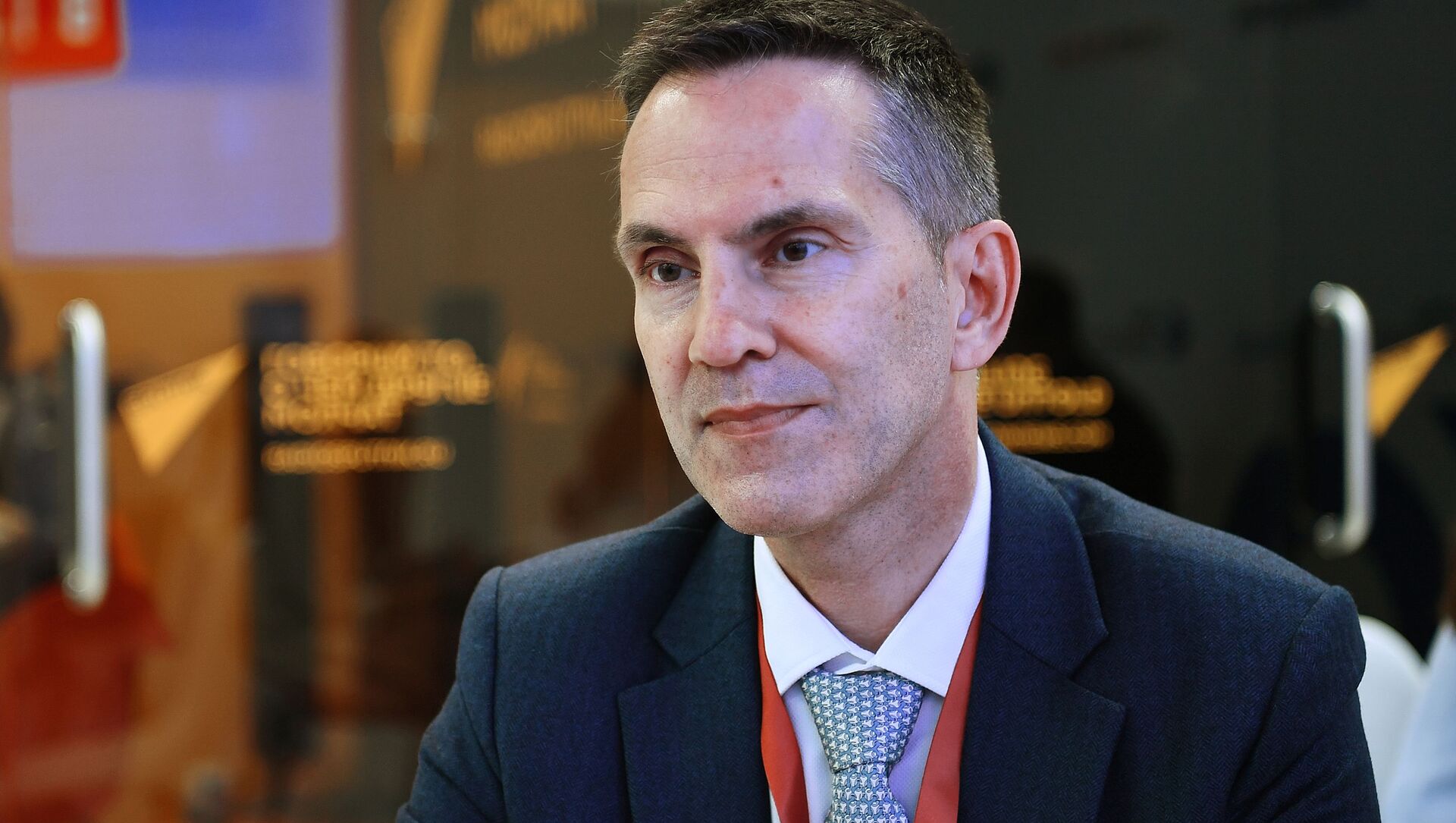Sputnik: The world is experiencing a pandemic at the moment. It has affected most businesses, including the financial sector. What is the impact of COVID on financial sectors worldwide?
Jochen Biedermann: First of all, financial centres are in a sort of rescue mode. On the one hand, there is a fight to resolve issues as much as possible on the economic side. The government wants to give money to small businesses, but cannot do it directly, so there are banks, and development banks, or other institutions in between. Now we are considering the economic recovery: how to build up again, how to get business afloat again and minimise the impact with three core issues - small- and medium-sized enterprises, because for many economies they are the backbones. So the large corporates normally have other ways of financing themselves, or can be rescued by the government, like airlines, but as for small businesses, not many people care about them or at least they don’t have a lobby.
Secondly, start-ups in the financial industry have a lot of innovative power, e.g. virtual banking, digital banking, new payments. We cannot lose this power, these ideas. If they all go down the river, then we'll have a big issue. So we need to help them and solve the issues as much as possible. And then the third issue is sustainable finance - we immediately need to focus on building it up sustainably.

Sputnik: Your alliance facilitates cooperation between financial services in cities such as Paris, Toronto, Moscow, Brussels, and many others. You've mentioned that financial centres are in a rescue mode, which of them suffered the most in your opinion? Are there any numbers?
Jochen Biedermann: Difficult question. Of course, some countries have suffered more than others, but financial centres are all doing their best. But maybe it’s too early to see. What I can say is that we have seen places which have obviously benefited - look at mainland China, for instance: they were the first to be out of the pandemic and now many businesses, including the financial industry, are prospering.
Sputnik: This forum is the first in-person meeting of entrepreneurs and government officials within the past 15 months. How important is it to meet in person? Or do you think that maybe a complete digitalisation of such meetings is the way to go? What are your impressions from the forum and from the sessions?
Jochen Biedermann: We have worked very efficiently by video calls, all of us have been using Zoom, WebEx, Google Meet, and so on and this works well because we are all professionals. We are doing this every day and we know each other and have sufficient trust. If you communicate with the general public, of course, it’s something different. Sometimes a message does not get through anymore; you really need to stand out. But for internal meetings this works very well; we have our working group projects, board meetings by a video-call in a very disciplined way.



